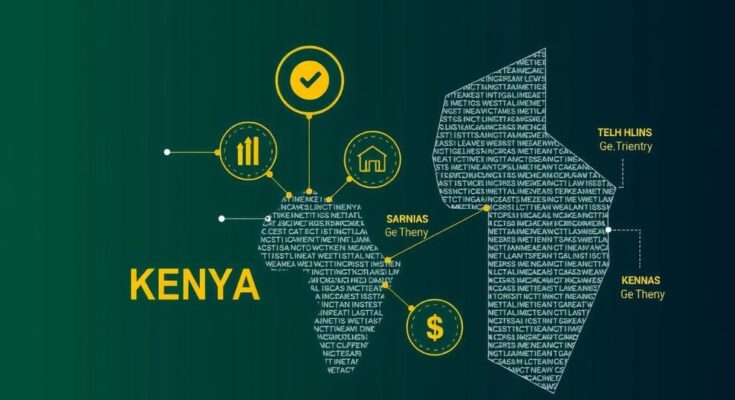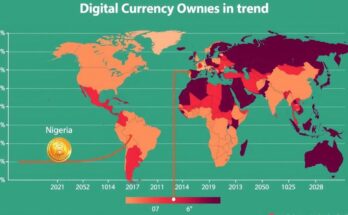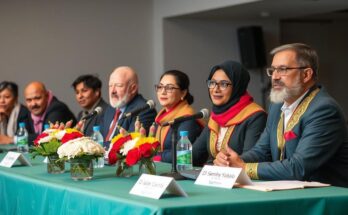Kenya is following Zimbabwe’s lead in utilizing Web3 technology to democratize access to investments through the tokenization of gold and other real-world assets. The Nairobi Securities Exchange (NSE) is at the forefront of this movement, integrating with the Hedera Council to enable fractional investments. These innovations could empower lower-income citizens and promote wealth creation, as firms like Ubuntu Tribe advocate for equal investment opportunities in valuable commodities.
On October 5, 2023, Reserve Bank of Zimbabwe (RBZ) Governor John Mangudya revealed a major economic development: the introduction of a gold-backed digital token for domestic payments. This monumental decision not only aims to alleviate the reliance on the US dollar but also offers a unique opportunity for lower-income individuals to invest in gold, a commodity traditionally restricted to the affluent. Zimbabwe, renowned as one of Africa’s top gold producers, has historically seen only elite segments of its society engage with this valuable resource. In a parallel development, Kenya is emerging as a key player in utilizing Web3 technology to democratize financial opportunities for its citizens. This innovative approach focuses on tokenizing real-world assets, thus enabling broader participation in markets that have long favored the wealthy. The Nairobi Securities Exchange (NSE) is spearheading these efforts by integrating with the Hedera Council to bring fractional investments in Kenyan stocks to the market by the end of this year. The process of tokenization involves converting tangible assets into digital representations, making it feasible for individuals to own shares of assets traditionally considered unattainable. Under this framework, firms like Ubuntu Tribe are seeking licenses to tokenize gold and facilitate investments in small units, thus broadening access to these investments beyond the wealthy elite. “The main idea behind tokenising gold is to give everyone equal access to opportunities. Right now, not everyone in Kenya can invest in the rare earth minerals,” stated Mathew Munyao, the Web3 culture manager at Ubuntu Tribe. The NSE’s commitment to embracing tokenization is anticipated to facilitate a broader wealth generation and investment climate, reflecting similar successes being realized in Zimbabwe. Furthermore, companies such as Alphbloq are venturing into real estate tokenization, while others are investigating agricultural opportunities. This trend signals a transformative shift aimed at empowering lower-income populations through technology-enhanced financial solutions. Such advancements indicate that Kenyans will soon have the means to invest in a collection of assets, including real estate, gold, and agricultural lands that previously remained exclusive to affluent individuals. This strategy has potential implications for financial inclusion and wealth distribution across the region, emblematic of a wider movement towards equitable economic participation.
The emergence of Web3 technology signifies a transformative phase in financial markets, particularly in developing economies like Kenya and Zimbabwe. The introduction of gold-backed digital tokens in Zimbabwe marks a critical shift away from traditional currencies, enhancing accessibility for lower-income individuals. Furthermore, the concept of tokenization, widely recognized in cryptocurrency and decentralized finance (DeFi) spheres, extends its benefits to traditional assets, empowering broader investment opportunities. South Africa, aiming to replicate such initiatives, showcases the potential for adjacent nations to adopt similar innovations in the realm of asset ownership and investment accessibility for all.
In conclusion, the adoption of Web3 technology and the tokenization of assets in both Zimbabwe and Kenya reflects a significant step toward economic democratization. By providing pathways for lower-income individuals to invest in tangible assets, such innovations can greatly enhance financial inclusion. The collaborative efforts by the NSE and private firms underscore a commitment to transforming the financial landscape, aiming for equal opportunity in wealth creation across various segments of society. Such initiatives could serve as a pioneering model for other developing nations pursuing similar economic advancements.
Original Source: www.theeastafrican.co.ke




